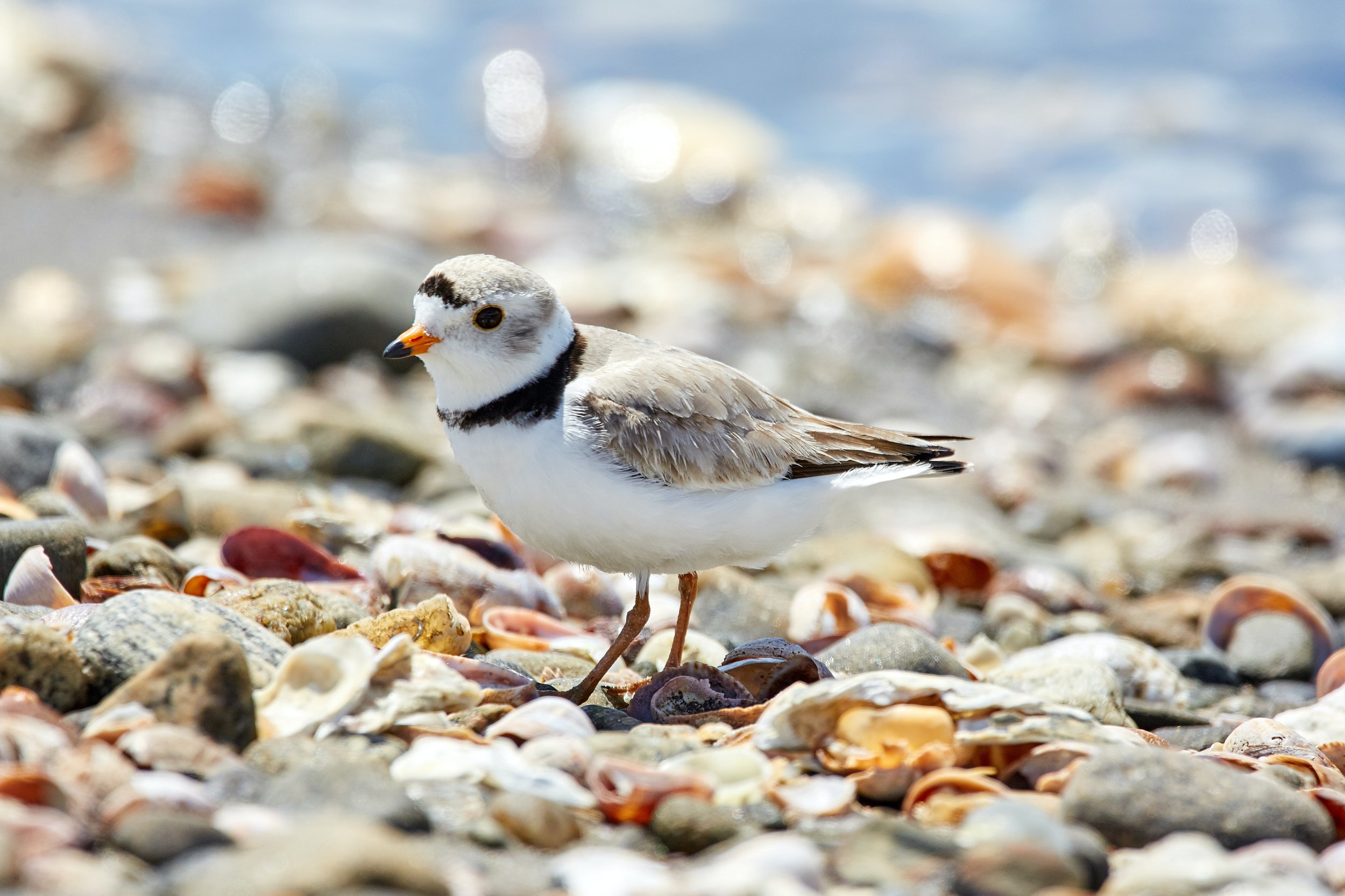
The Latest from the Coalition
On this page you can find the latest news from the Coalition, including stories of restoration successes, profiles of ongoing clean water issues, policy updates, and press releases.
2024 Clean Water Wins
Before closing out 2024, we want to take some time to celebrate some of the clean water wins this past year. The Healing Our Waters-Great Lakes Coalition is grateful for our partners across the eight-state Great Lakes region and these successes wouldn’t have been possible without their continual efforts; thank you, all!
Celebrating the 2024 Great Lakes Conference
We had another successful Great Lakes Conference in 2024! Around 280 people joined us in Chicago over the course of two days. We’re already planning the 2025 Great Lakes Conference and we hope you’ll join us next fall in Rochester, New York!
Tree Equity Grants Restore Urban Tree Canopies in Illinois, Indiana, and Wisconsin
To help combat tree inequity, nonprofit environmental advocacy organization Faith in Place was awarded $1.99 million by the U.S. Forest Service’s Urban and Community Forestry Program to increase urban tree canopies in the Great Lakes region. Made possible by the Inflation Reduction Act, these funds will allow Faith in Place to facilitate tree planning and workforce development projects at faith institutions and 501(c)(3) nonprofit organizations serving disadvantaged communities throughout Illinois, Indiana, and Wisconsin.
The Wild Mile: Floating Wetlands Restore Diverse Wildlife to the Chicago River
Deep in the heart of urban Chicago, a network of floating wetlands is restoring native wildlife habitats, increasing biodiversity, and encouraging recreation along the north branch of the Chicago River. Known as The Wild Mile, the interconnected islands were installed by grassroots environmental restoration organization Urban Rivers in 2017 and have since been dubbed the world’s first floating eco-park.
Combating Heat Islands in Disadvantaged Neighborhoods
The Village of Skokie, Illinois, is planting at least 450 trees by 2028, reducing heat islands and improving health outcomes for its 68,000 residents.
Protecting People from Toxic Fish in Illinois
Analysis of fish from Lake Michigan for toxic PFOS will aid in more accurate fish consumption advisories, protecting human health.
Planting Trees Provides Shade, Water Management
The Great Lakes Restoration Initiative has helped fund the replacement of hundreds of trees in the Chicago area that were destroyed by the Emerald ash borer.
Stabilizing Bull Creek Reduces Erosion, Improves Wetland Habitat
Bull Creek’s streambed and banks were stabilized, preventing erosion and reducing sediment pollution in wetland habitats and Lake Michigan.








